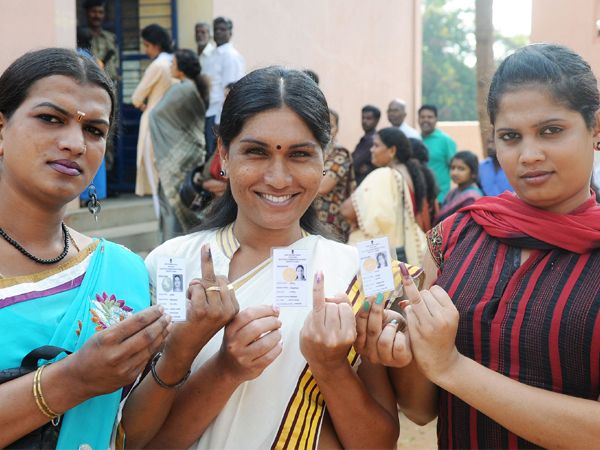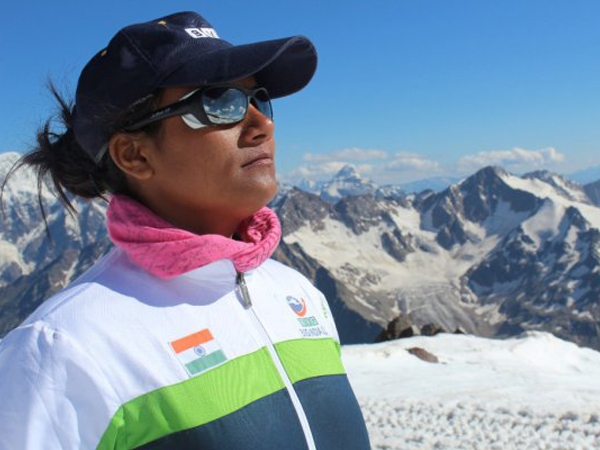
Two years ago, we officially recognised transgenders or hijras as a third gender population in the voter ID cards. Today, a transgender, Madhu Kinnar got elected as the mayor in Chattisgarh’s Raigarh Municipal Corporation, narrowly defeating a BJP rival.
Kinnar, 35 is the second transgender in India to be elected to public office and the first Dalit transgender to be elected. “People have shown faith in me. I consider this win as love and blessings of people for me. I’ll put in my best efforts to accomplish their dreams,” Madhu told PTI after winning the election.
After studying upto eighth standard, Madhu, whose real name is Naresh Chauhan, took up different works and used to collect money by singing and dancing in trains.
“I only spent Rs 60,000-70,000 from my earnings during my campaign. It was the public support that encouraged me to enter the poll fray for the first time and because of their support only, I emerged as the winner,” Madhu added.
As she is poised to become Raigarh’s new mayor, Kinnar has promised to work on civic cleanliness and improvement of drains. Fortunately for her, the official recognition of eunuchs by the Election Commission gives her the opportunity to usher in tangible change and help improve situations within the transgender community too.
Others before her have been less fortunate. Kamala Jaan was the first transgender to be elected to mayor’s office in 1999, from Katni municipality in Madhya Pradesh. She was removed from the post on the grounds that the seat was reserved for general category woman and the court viewed her as a man.
In 2000, Asha Devi who got elected to Gorakhpur Municipal corporation in Uttar Pradesh and Kamala Bua, who got elected Mayor from Sagar Municipality in Madhya Pradesh in 2009 were both removed on similar grounds.
The only exception in the past was Shabnam Mausi, the first transgender to serve in a public office as an MLA in Madhya Pradesh State Legislative Assembly from 1998 to 2003.
It is very heartening to see people’s growing support for the transgender community over the years, and their confidence in electing a member of a marginalised community to be their representative. It certainly seems like a sign of improving times. And it is.
We are still far behind countries like Thailand where transgenders or ladyboys as they call them are far more openly accepted, whether it be the cities or the countryside. Although they too struggle to attain equal status to non-transgendered individuals, they are better integrated into regular society. During a recent trip to Bangkok, I was pleasantly surprised to find my ticket checking agent at the airport to be a transgender.
But there is no denying that Madhu Kinnar has today, scripted history of sorts.
Image Courtesy: BCCL
More on>> Work & Life




